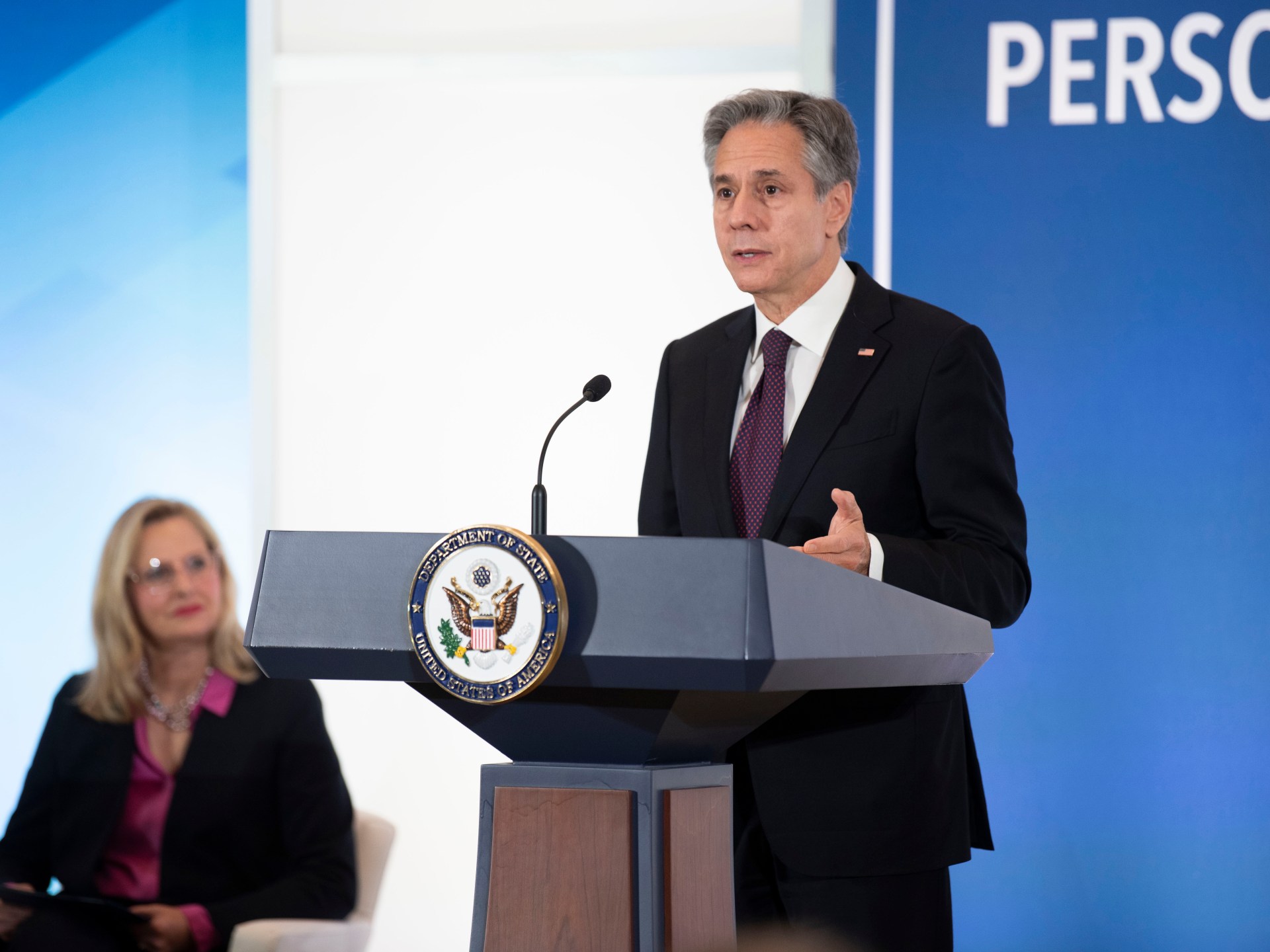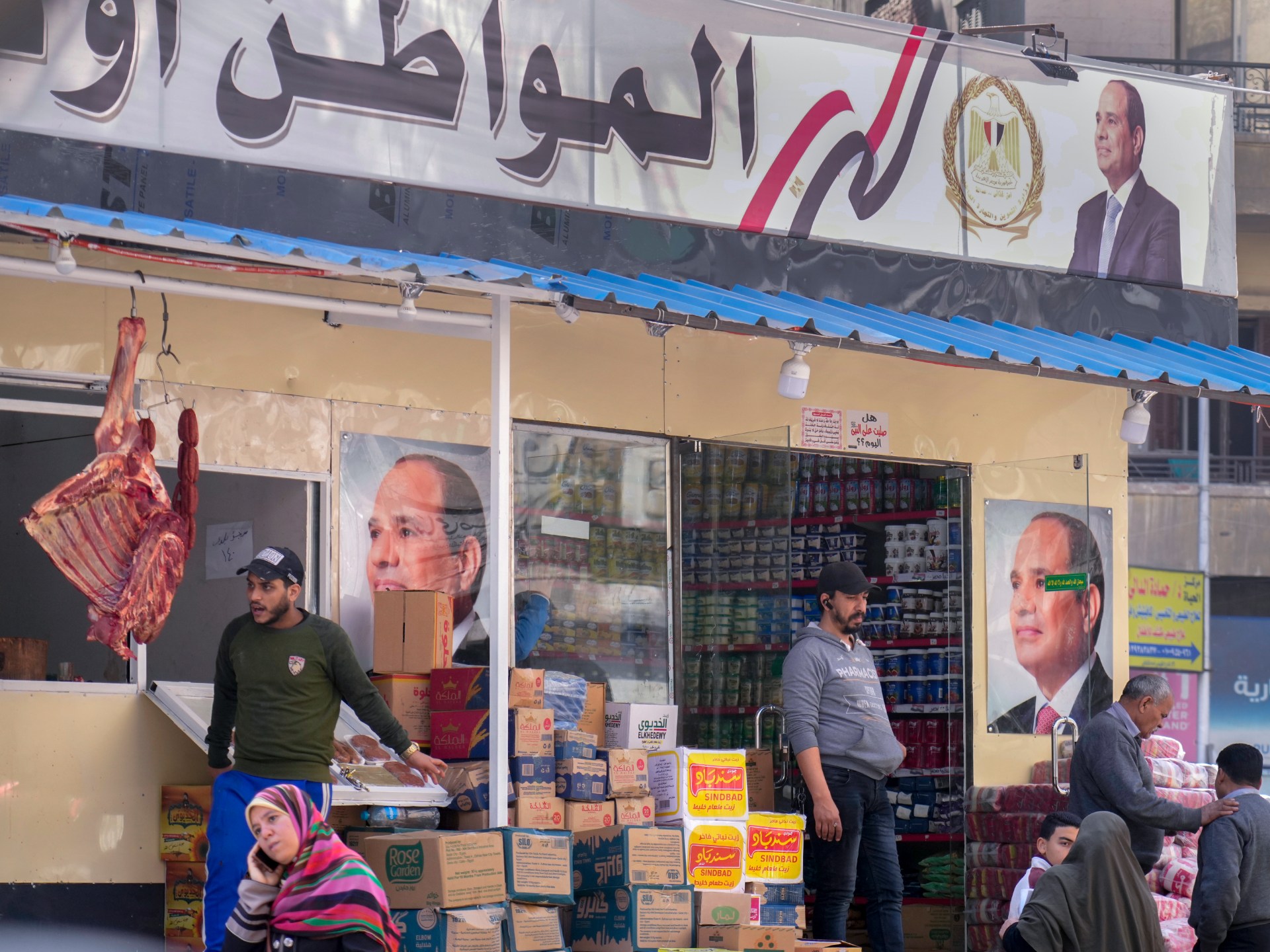
The United States released its annual report on human trafficking, highlighting a year-over-year increase in forced labor projects and exploitation of boys linked to the Covid-19 pandemic.
In a speech to release the report on Thursday, US Secretary of State Anthony Blinken stressed the need for partnerships between governments, non-governmental organizations, civil society and private industry – especially technology – to combat sex and labor trafficking.
“The United States is committed to combating human trafficking, because it represents an attack on human rights and freedoms,” Blinken said. “It violates every person’s universal right to autonomy. Today, more than 27 million people around the world are denied that right.”
24 countries ranked lowest for protection
The report listed 24 countries at “Tier 3,” or the lowest rating described in the Trafficking Victims Protection Act of 2000. According to US law, category governments may be “subject to certain restrictions on foreign assistance”.
Afghanistan, China, Venezuela, Turkmenistan, Myanmar, Belarus, Syria, Iran, and North Korea are regularly ranked in the US State Department category.
But several other countries were downgraded, joining them at the lowest level: Algeria, Chad, Djibouti, Equatorial Guinea and Papua New Guinea. Those who have upgraded from the group since 2022 are Vietnam, Malaysia and Brunei.
Overall, there were 24 tier upgrades and 20 downgrades across the four-tier system, according to the State Department.
In addition, three countries were designated as “special cases”: Libya, Somalia and Yemen. Where are the situations faced by all three Internationally recognized governments do not control large parts of the country.
An application for government partnership
On Thursday, Cindy Dyer, the US ambassador to monitor and prevent human trafficking, called on governments to embrace the “power of partnership” with governments, private companies and non-profit organizations.
“Deep partnerships between financial institutions and law enforcement can better identify financial trails or human traffickers, help law enforcement gather more evidence, and reduce the burden on survivors to testify,” he said.
Dyer pointed to several examples, including a partnership between the money transfer company PayPal and Polaris, a nonprofit that fights human trafficking. He explained that their work “disrupts traffickers’ cash flow and enables parallel prosecutions for financial crimes”.
Emerging trends in human trafficking
Fallout from the COVID-19 pandemic continues to shape human trafficking trends worldwide.
Thursday’s report explained that, due to behavioral changes during the pandemic, job seekers are increasingly turning to the Internet in search of employment. Instead, cyber scam activities have increased.
The report explained that traffickers took advantage of “massive unemployment during the pandemic,” particularly in countries such as Myanmar, Cambodia, Laos, Malaysia, the Philippines, Ghana and Turkey.
“They used fake job listings to recruit adults and children from dozens of countries,” the report said. “Instead of fulfilling their advertised employment promises, many of these companies began forcing recruiters to run Internet scams directed at international targets and subjecting them to widespread abuse and violations.”
The report also notes that boys represent the “fastest growing segment” of victims of human trafficking. The proportion of boys identified as victims of human trafficking rose 500 percent from 2004 to 2020 — “a far greater increase than that of men, women or girls,” according to UN figures cited by the US State Department.
The problem is exacerbated by inadequate identification of trafficked boys and a lack of support services, the report explained. Boys are also less likely to self-identify as victims of trafficking.
Speaking on Thursday, Blinken said the “false perception” that boys are not victims of human trafficking “has had some obviously devastating and real consequences”.
“The reality is that any person, regardless of gender, regardless of gender identity, can be a target of human trafficking. And so governments, civil society, the private sector, we all have to develop resources for all populations,” he said.
Source link




